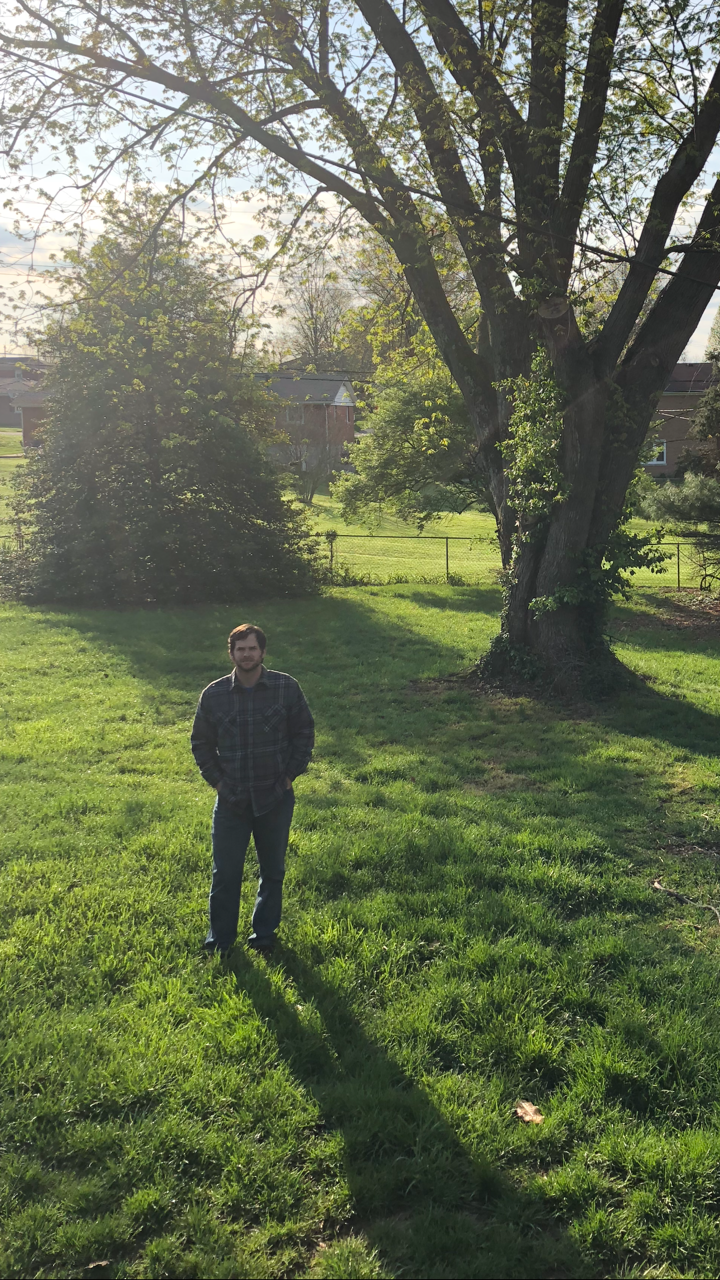I knew all about secondary grief long before I knew what to call it.
Within a matter of weeks following my primary loss – the death of my wife – the secondary losses started accumulating. I didn’t see them coming. Didn’t know to expect them. I was a frog in a boiling pot, oblivious to the violent and fatal nature of my circumstance.
I was a 26-year-old widower. My wife had just died after a barbaric 3-year battle with metastatic breast cancer.
The worst was over. This was the bottom of the pit, the deepest depths of the darkest valley. It was all up from here. An arduous uphill climb, certainly, but up nonetheless.
These are the malignant assumptions we make after loss. They’re misleading, and in most cases, completely erroneous. If you’re in the midst of grief, especially early-grief, allow me to strongly warn you against them.
Sometimes, the tragedy is just the beginning.
My first official introduction to the term “second loss” came from fellow author Megan Devine, in her brilliantly brash book, It’s OK That You’re Not OK (I encourage you to check out her blog at Refuge in Grief).
With a poetic fury, Devine discusses how and why our cultural infrastructure of grief support is utterly broken. She describes the impotence of platitudes, and offers refreshing guidance on how to cope with the many twists, turns, and snares of a grief journey.
I completely devoured the book. Her candor was an inoculation against the litany of cliche I’d been experiencing ever since the funeral. Though Megan and I may differ in some of our views, we certainly agree on one thing:
Our society’s approach to grief support has to change. Now.
As I sped through the pages, underlining sentences and making notes in the margin, I eventually came to a page break that stopped me in my tracks:
“HAS GRIEF ENDED YOUR FRIENDSHIPS?” it read.
What followed was a perfect description of the horror I’d faced since losing my wife. Tears stung my eyes and my jaw fell slack. I was mystified that someone else understood that pain, and heartbroken that they had to.
Here’s that passage:
“It’s one of the cruelest aspects of intense loss: at a time when you most need love and support, some friends either behave horribly or they disappear altogether. There are disappointments and disagreements. Old grudges resurface. Small fault lines become impassable distances. People say the weirdest, most dismissive and bizarre things.
Grief changes your friendships. For many, many people, it ends them.”
I’m one of those “many, many people.”
For those of you that have been following my blog for a while, you’ve heard me talk about recovery guilt. And for those that have been around since the beginning, you’ve heard me wonder aloud whether my friends wanted me to die.
It happened when I started dating again. Friends I would have trusted with anything, friends that were more like family, began making their exodus out of my life. Some pierced me with harsh statements like, “Kailen would never approve,” and “You’re spitting on her grave.”
But others did far worse – they crushed me with cold shoulders and silence.
There’s a whole host of complex psychological reasons behind these actions, conflicting grief timelines being prime among them (a topic for a later post). But as Megan so plainly puts it, “No matter what the deeper reasons are, the loss of friends you thought would stand by you through thick and thin is an added heartbreak. The injustice of these second losses makes grief itself that much more difficult.”
I write this post not to be spiteful or vindictive, but merely to shed light on one of modern grief support’s most glaring shortcomings: we place expectations on other people’s pain. Almost subconsciously, we establish parameters and timelines that we deem appropriate, and when they aren’t heeded, we lash out.
It’s symptomatic of a larger problem – our acceptance of a flawed narrative. Thanks in large part to mainstream media and entertainment, we expect stories to follow a predetermined arc, and when they divert, when they fail to redeem themselves or gratify us in the way in which we’ve grown accustomed, we stop watching. We bail out. We say harsh things or offer a cold shoulder.
We abandon the characters.
When someone is grieving, nothing hurts like abandonment. We are most vulnerable when we feel isolated. There’s a reason why I chose “Ministry of Presence” as the #1 rule for effectively loving a grieving heart (see 7 Rules for Loving a Grieving Heart).
I’ll conclude with a word of encouragement, both for the griever and his/her friends.
First, the griever:
You are not alone. No matter what you endure in this life, you never endure it alone.
Those are the four most important words in all of grief support – you are not alone.
The secondary losses will come. Friends will leave; they may say pernicious things, or they may say nothing at all. Either way, new friends will rise up and take their place. And they’re often people you least expect.
This won’t take away the sting – of your primary OR your secondary loss – but it will help you remember that you aren’t an island. Even when it feels like you are.
Especially when it feels like you are.
Don’t deny or delegitimize your secondary losses. Acknowledge them, and if possible, share the burden with your loyal friends who refuse to budge (even if it’s just one or two). Because, of course, you are not alone.
Second, the friends:
If your loved one is hurting, there exists no greater profundity than presence. You feel helpless, you feel awkward, you feel tongue-tied; that’s all OK.
The one thing you can’t be is absent.
Humbly come alongside your friend; acknowledge their loss without drowning it with cliches. Get more comfortable with silence. And do not judge. Realize your grief timeline is yours and theirs is theirs. They may conflict, but frankly that’s none of your business.
Be present. Be humble. Be selfless.
And if you get the urge to offer an opinion or a judgement…don’t.
A fellow journeyer,
Bryan

Bryan C. Taylor grew up on a farm in small-town western Kentucky, where his dreams of becoming an author had their origins on an ancient Dell desktop. In addition to his books, Bryan maintains a blog about grief at www.bryanctaylor.com/blog, where he seeks to teach others the many lessons his late wife, Kailen, taught him. Bryan is the #1 Bestselling Author of EVEN IF YOU DON’T: A love story, available on Amazon in paperback and Kindle eBook.
For Bryan and Kailen’s full story, including an unfiltered account of their 3-year war with Stage IV breast cancer, and Kailen’s ultimate passing at age 25, check out their #1 bestselling book here: https://www.amazon.com/Even-you-dont-love-story/dp/1983414042/ref=sr_1_1?ie=UTF8&qid=1518810888&sr=8-1&keywords=even+if+you+don%27t+bryan+taylor
To read more of Bryan’s thoughts on how life can be a fairytale, even when it’s a tragedy, follow his weekly blog posts at http://www.bryanctaylor.com/blog





Could have used your views, your words and your strength ten years ago.
I totally agree with Bryan, the collateral damage to other relationships is a big, very painful surprise, and one that I did not see coming or expect at all. I suppose we learn alot about people during this time, and some people pop out and surprise us in positive ways, many others if not most others are either absent or not around for long. Most people are pretty ignorant in our society, and we all are ignorant until, we are not. I m trying to turn this learning into a positive experience, I know what type of friend I will strive to be in the future when others get there turn, which we all do. I have not begun to date yet, but I m sure that will be another “learning experience”